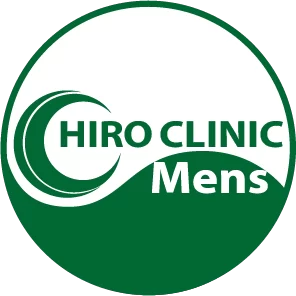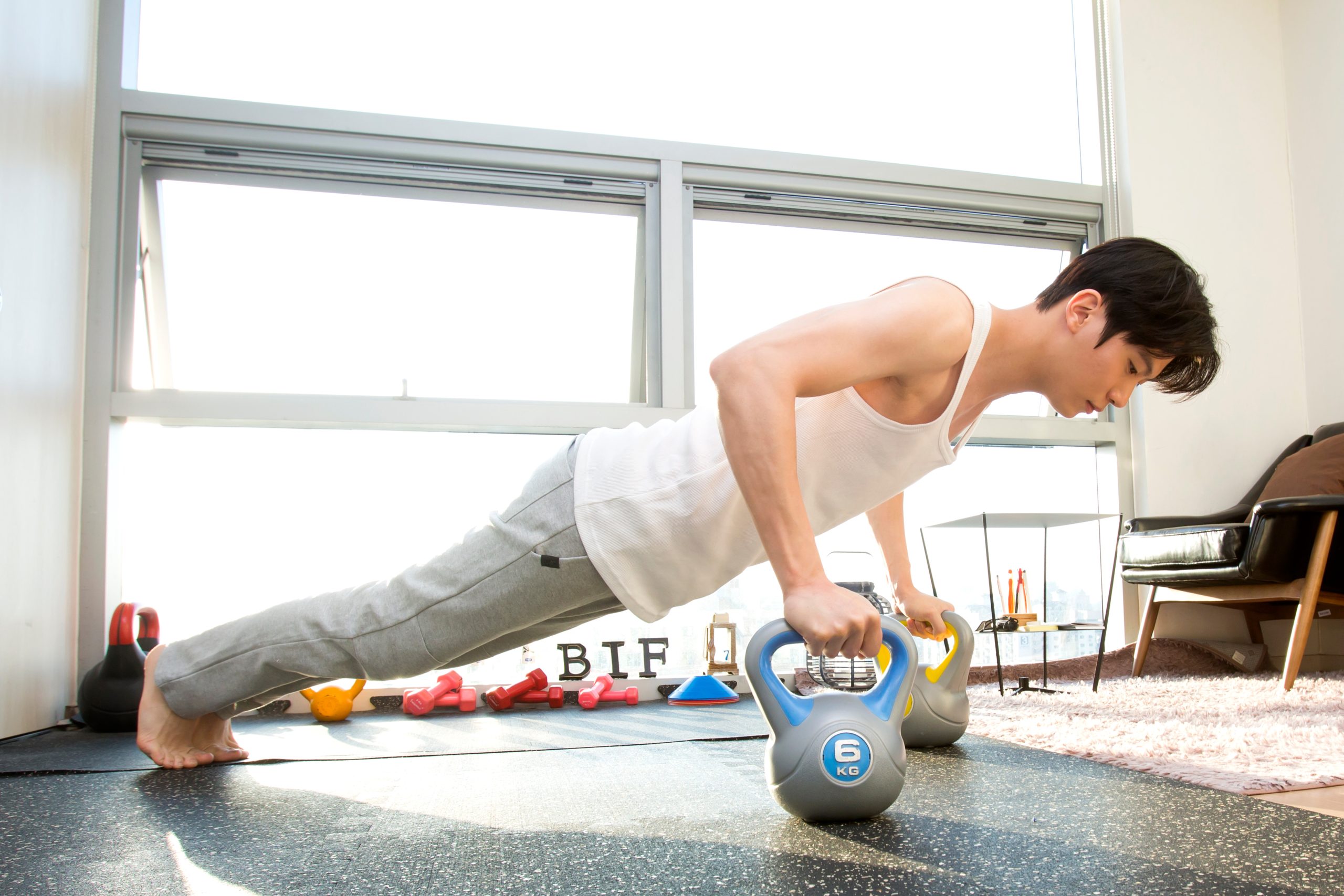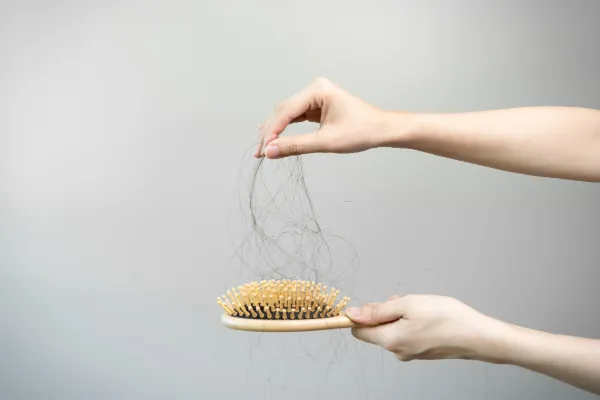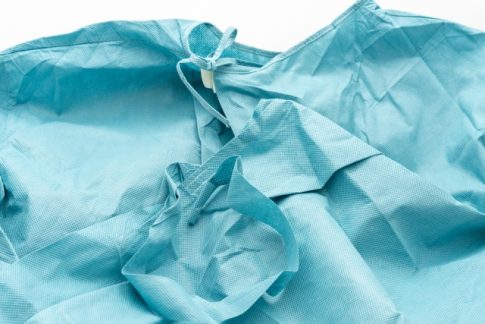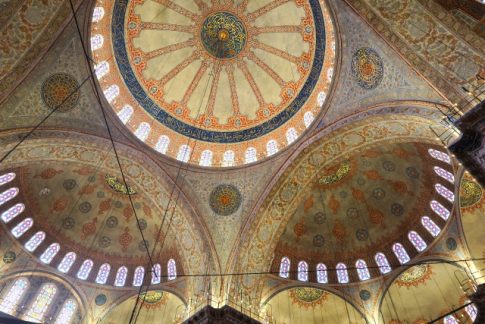この記事の概要
Hair transplant surgery is an effective treatment for many people suffering from hair loss, but postoperative care is critical. Especially for those who play sports or exercise on a regular basis, a proper understanding of postoperative exercise restrictions and when to return to work can greatly affect the success of the surgery and the healthy growth of hair. This column details guidelines for exercise restrictions and safe return to sports after hair transplant surgery.
Exercise restrictions after hair transplant surgery
Initial recovery period (1-3 days after surgery)
In the first few days after hair transplant surgery, it is most important to rest your body. Please note the following during this period:
Complete Rest: Complete bed rest is recommended for 48 to 72 hours after surgery.
Protect your head: Sleep with your head elevated to reduce swelling and bleeding.
Early recovery (1 week after surgery)
The scalp is in a very delicate state for a week after surgery. The following activities should be avoided:
Strenuous exercise: Avoid strenuous exercise such as jogging, aerobics, and weight lifting.
Scalp irritation: Avoid wearing hats or helmets to prevent direct pressure on the scalp.
Mid recovery period (2-4 weeks after surgery)
During this period, you can gradually resume light exercise, but you should still be careful:
Light exercise: Start with light exercise, such as walking or light stretching.
Protect your scalp: Avoid exercise or contact sports that directly impact your scalp.
Complete recovery period (1 month after surgery)
After one month after surgery, you can resume many activities, but keep in mind the following:
Gradually increase the amount of exercise: Gradually increase the intensity of exercise without suddenly increasing the amount of exercise.
Contact sports: Avoid contact sports, such as football, basketball, and martial arts, until cleared by your doctor.
Timing of return to exercise
light exercise
Walking: You can start walking one week after surgery. Start by walking for short periods of time, as long as you can comfortably do so.
Stretching: Light stretching can be resumed one week after surgery, but care must be taken not to put stress on the scalp.
moderate exercise
Jogging: You can gradually resume jogging 2 to 3 weeks after surgery. Adjust the pace so that strong vibrations are not transmitted to the scalp.
Yoga: You can resume light yoga 2 to 3 weeks after surgery. However, avoid handstands and poses that move your head too much.
strenuous exercise
Weight training: Can be resumed 4 weeks after surgery. Be especially careful when using heavy weights.
Contact sports: You can resume playing 2-3 months after surgery, but be sure to get permission from your doctor before starting.

Precautions regarding exercise after surgery
sweat management
Sweating during exercise is inevitable, but it can be irritating to your scalp after surgery. Please note the following:
Stay clean: Shower immediately after exercise to keep your scalp clean.
Highly sweat-absorbent materials: Use sweat-absorbent towels or headbands to frequently wipe off sweat.
hydration
Adequate hydration is important during exercise. Being dehydrated can also have a negative impact on your hair health.
Stay hydrated: Make sure to drink plenty of water during and after exercise.
Sports drinks: Adequate electrolyte supplementation is also important. One way is to use sports drinks.
nutritional balance
Eat a nutritionally balanced diet to promote post-workout recovery and support healthy hair growth.
Protein: Get enough protein for muscle recovery and hair health.
Vitamins and minerals: Consume foods especially rich in vitamins A, C, E, zinc, and iron.
specific meal plan
*The menu below is a general example and may need to be adjusted depending on your individual constitution and health condition. If you have specific allergies or health issues, consult your health care professional to choose the right diet for you.
breakfast
Protein-rich omelet:
Ingredients: eggs, spinach, cheese, tomatoes
Method: Make an omelet using eggs and add spinach, cheese and tomatoes.
Nutrition: High in protein and rich in vitamins A, C, and E.
lunch
Grilled chicken and quinoa salad:
Ingredients: grilled chicken, quinoa, avocado, tomato, lettuce, olive oil
Method: Mix grilled chicken and quinoa into a salad, add avocado, tomato, lettuce, and dress with olive oil.
Nutrition: High in protein and rich in vitamins C, E and omega-3 fatty acids.
dinner
Grilled salmon and roasted vegetables:
Ingredients: salmon, broccoli, carrots, olive oil, lemon
Method: Grill the salmon, roast the broccoli and carrots in olive oil and garnish with lemon.
Nutrition: Rich in omega-3 fatty acids and protein, as well as vitamins A, C, and E.
snack
Protein shake:
Ingredients: protein powder, banana, spinach, almond milk
Method: Mix all ingredients in a blender and make a shake.
Nutrition: High in protein and rich in vitamins A, C, and E.
in conclusion
By correctly understanding the timing of exercise restrictions and return after hair transplant surgery and providing appropriate care, you can support healthy hair growth. It is important to rest during the initial recovery period and gradually resume exercise as recovery progresses. Don’t forget to manage your sweat, stay hydrated, and eat a balanced diet during exercise. Follow these guidelines to safely return to sports and maintain a healthy lifestyle.
Hiro Clinic Hair Transplant
At Hiro Clinic, we recommend Natural Pro FUE treatment, which treats hairless areas where oral treatment or injection therapy is not effective, and leaves almost no visible scars. By harvesting hair roots from the back of the head and shaving the area, post-surgery management is easier, and only the required number is transplanted with a natural-looking finish. It can be performed as a same-day surgery using local anesthesia, provides gradual hair growth at an affordable price, and can be safely performed in Japan.
